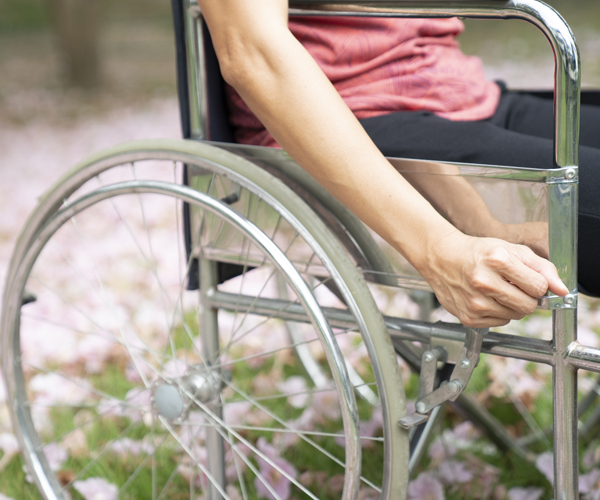Many seniors leave hospital with new disabilities
From Newsmax

Older Americans often return home from the hospital with disabilities they didn’t have before, a new study finds.
These new problems can lead to difficulties with daily activities, such as bathing and dressing, shopping and preparing meals, and getting around inside and outside the home.
Such struggles can lead to re-hospitalization, having to go to a nursing home and permanent declines in well-being, according to Dr. Kumar Dharmarajan and colleagues at Yale University School of Medicine, in New Haven, Connecticut.
For the study, the researchers looked at 515 people, aged 70 and older, who lived at home at the start of the study and did not require help with four basic activities: bathing, dressing, walking inside the house, and getting out of a chair.
The seniors, mostly around age 83, were followed up after their release from hospitalization for a condition that didn’t require critical care.
One and six months after hospitalization, new disabilities were common among the study participants, and interfered with their ability to leave home for medical care or to look after their health needs, the study found.
The new disabilities included being unable to get dressed, walk across a room, get in or out of a chair, walk a quarter-mile, climb a flight of stairs, and drive a car.
Disability was also common for daily tasks such as meal preparation and taking medications, the study authors noted in a news release from the American Geriatrics Society.
Specifically, new disabilities among the study participants after hospitalization included: not able to bathe themselves (31%); not able to do simple housework (42%); problems taking medications (30%); and not able to walk a quarter-mile (43%).
For those who did recover from a new disability after hospitalization, it took between one to two months, the findings showed.
In many cases, recovery was incomplete even six months after leaving the hospital. For example, rates of normal functioning at six months were: 65% for bathing; 65% for meal preparation; 58% for taking medications; and 55% for driving.
The study was published online recently in the Journal of the American Geriatrics Society.
© HealthDay
For more on this story go to: https://www.newsmax.com/health/health-news/seniors-hospital/2020/03/03/id/956678/?ns_mail_uid=6952f1f9-507d-4a20-8cc0-0a1db158d76e&ns_mail_job=DM95021_03032020&s=acs&dkt_nbr=0105029jr2af





